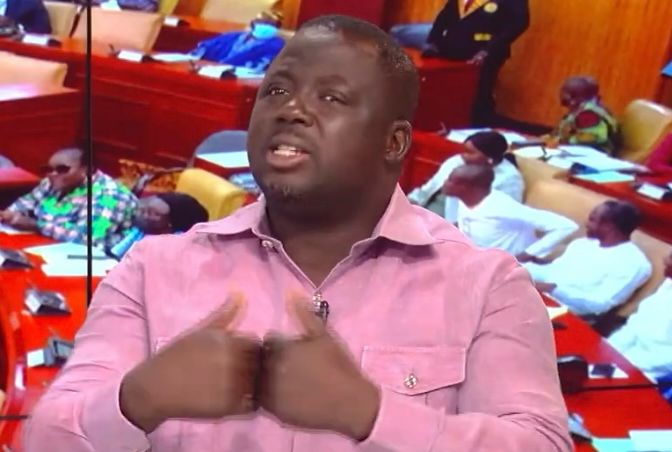The implementation of Ghana’s Free Senior High School (Free SHS) policy, while laudable in its intent, has been marred by allegations of corruption and mismanagement, according to Mustapha Gbande, a Deputy General Secretary of the ruling National Democratic Congress (NDC). Gbande acknowledges the policy’s noble aim of expanding access to education, particularly for the less privileged, a group he identifies with personally. However, he contends that the opposition New Patriotic Party (NPP), who introduced the policy, exploited it primarily as a political tool to garner votes, neglecting crucial aspects of its successful execution. This alleged prioritization of political expediency over effective implementation, Gbande argues, transformed a potentially transformative social program into a breeding ground for corruption and inefficiency.
Gbande points to several key areas where the NPP’s handling of Free SHS fell short. He cites inadequate infrastructure, demotivated teachers, and suspected misappropriation of funds as evidence of the policy’s flawed implementation. The lack of necessary infrastructure, despite the significant financial investment in the program, suggests a misallocation of resources, potentially driven by corrupt practices. Furthermore, the reported lack of motivation among teachers, coupled with allegations of unpaid internet services despite budgetary allocations, further strengthens Gbande’s claim of mismanagement and potential embezzlement. He argues that these issues were not merely oversights, but rather deliberate choices made by the NPP, confident that the policy’s popularity would shield them from public scrutiny and accountability.
The alleged disregard for the well-being of students is another critical aspect of Gbande’s critique. He asserts that the quality of food provided to students under the Free SHS program was subpar, indicating a callous disregard for their basic needs. This, coupled with the alleged lack of essential resources like internet access, paints a picture of a program where the welfare of students was secondary to political maneuvering. Gbande’s accusations suggest a systemic failure within the implementation of Free SHS, where funds intended for the benefit of students were potentially diverted for personal or political gain, leaving students with a substandard educational experience.
Gbande’s argument centers on the notion that the NPP viewed Free SHS as a political insurance policy, a guaranteed vote-winner that would allow them to act with impunity while in power. He believes the NPP’s confidence in the policy’s popularity led them to neglect its proper implementation, secure in the belief that public support for the idea would overshadow any criticisms of its execution. This alleged arrogance, Gbande suggests, allowed corruption and mismanagement to flourish, ultimately undermining the policy’s potential to truly benefit Ghanaian students. He portrays the NPP as prioritizing short-term political gains over the long-term success of the program and the well-being of the students it was designed to serve.
The implications of Gbande’s allegations are far-reaching. If true, they suggest a deep-seated problem of corruption within the Ghanaian political system, where social programs are exploited for political gain rather than used to uplift the population. This raises serious questions about the accountability of political leaders and the effectiveness of mechanisms designed to ensure transparency and good governance. Gbande’s accusations, if substantiated, could erode public trust in government and undermine the credibility of future social programs. It also highlights the potential for even well-intentioned policies to be derailed by political machinations and self-serving interests.
In conclusion, Mustapha Gbande’s critique of the NPP’s implementation of Free SHS paints a picture of a program riddled with corruption, mismanagement, and a disregard for the needs of students. He argues that the policy, while noble in its conception, was hijacked by political opportunism, ultimately failing to deliver on its promise of improved access to quality education. Gbande’s accusations, if proven, represent a serious indictment of the NPP’s governance and raise critical questions about the integrity of social programs in Ghana. His statements call for a thorough investigation into the management of Free SHS to determine the veracity of these claims and ensure accountability for any wrongdoing. The future of Free SHS, and indeed the trust in Ghana’s political system, hinges on a transparent and comprehensive examination of these serious allegations.














